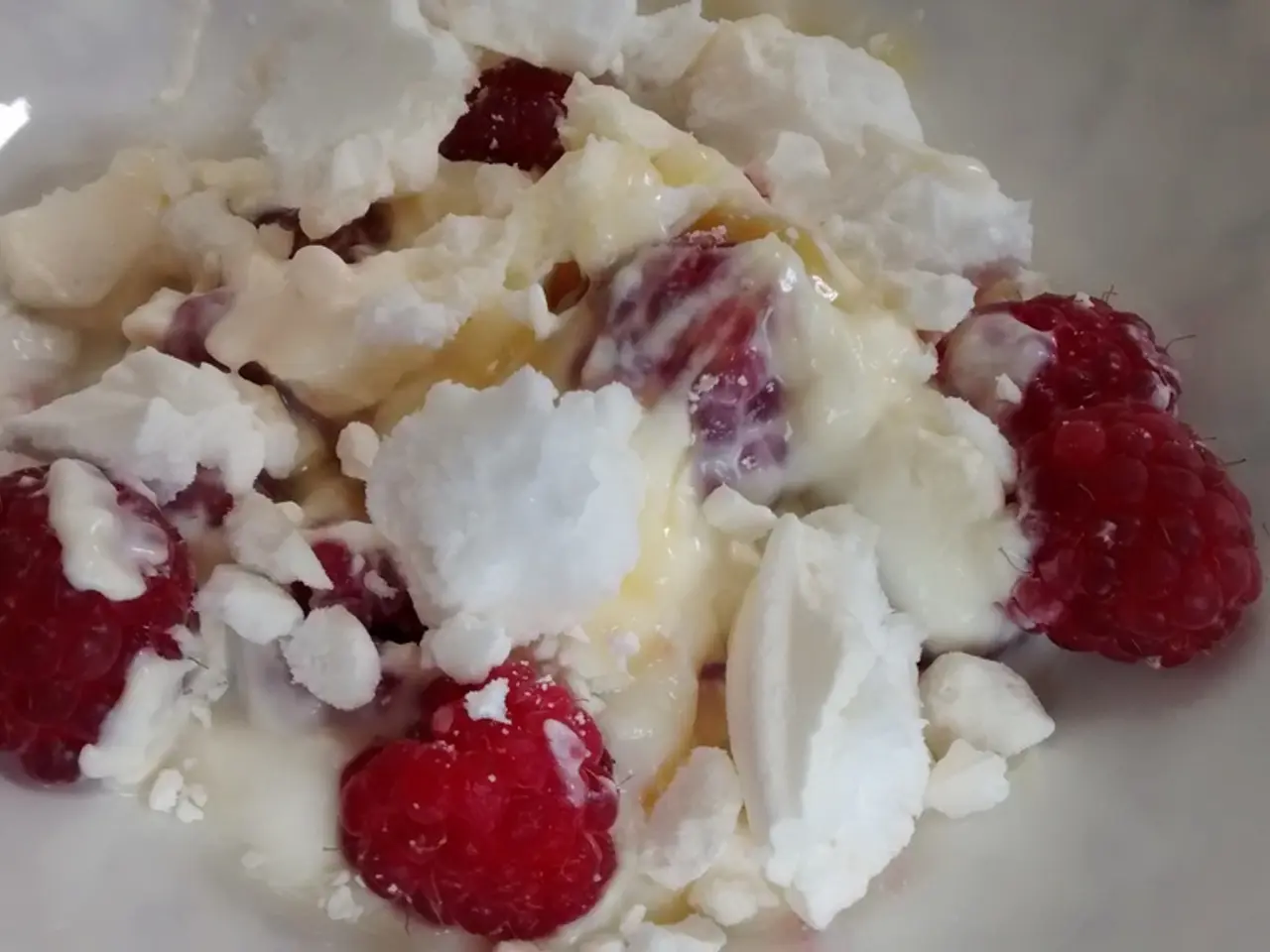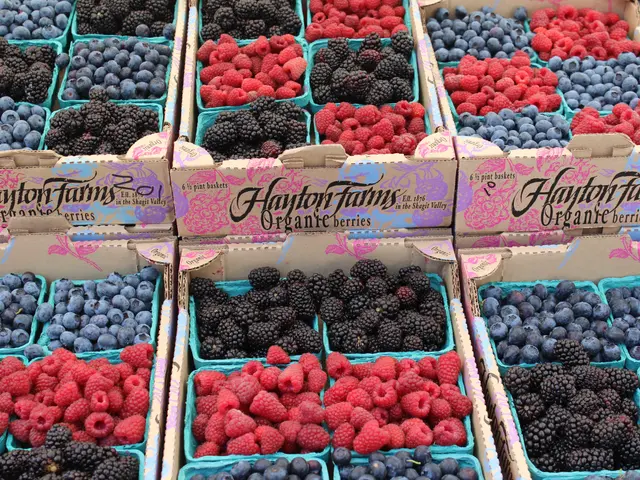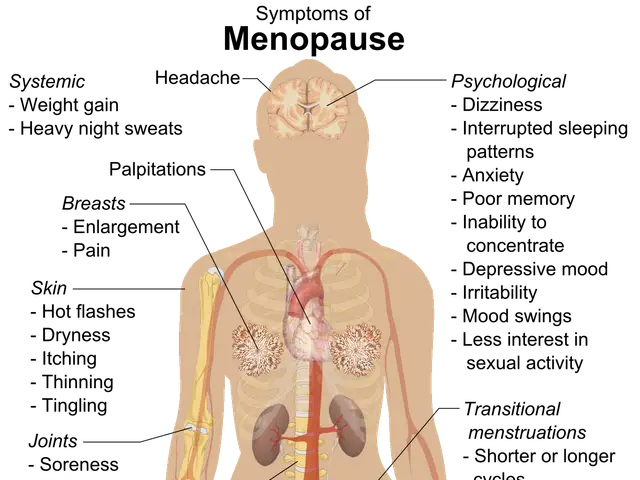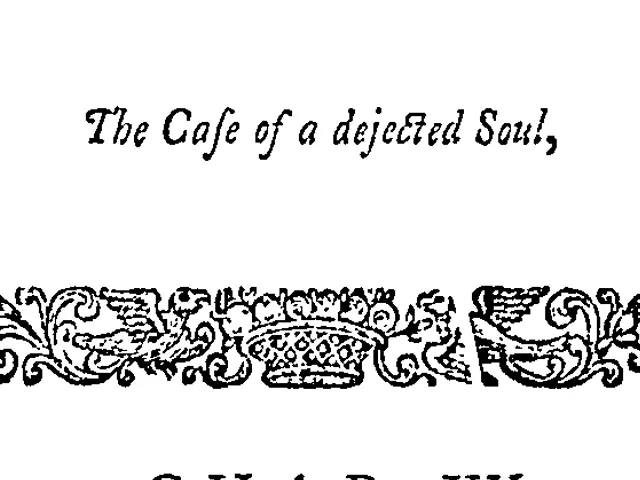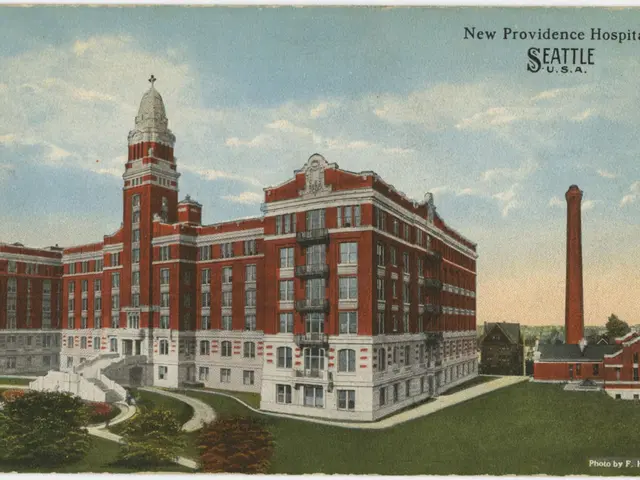Foods to Consume After Oral Surgery
After undergoing various oral surgeries, such as wisdom teeth removal or dental implants, focusing on soft, nutrient-rich, and non-irritating foods is crucial for supporting healing and avoiding complications. Here is a summary of the recommended foods and those to avoid during the recovery period.
Recommended Foods to Eat -------------------------
Soft Foods: Yogurt (preferably plain and unsweetened), mashed potatoes, applesauce, scrambled eggs, soft-cooked pasta, oatmeal, silken tofu, soft fish, well-cooked vegetables, and soft cheeses are excellent choices because they require minimal chewing and are gentle on surgical sites.
Liquid and Puree Diet: Immediately after surgery, liquids like smoothies (without seeds), broths (chicken, beef, or vegetable), protein shakes, milk or dairy alternatives, juices (but avoid citrus in the first days), gelatin, and puddings help maintain hydration and energy while minimizing irritation.
High-Protein Options: Greek yogurt, scrambled eggs, soft fish, ground turkey, and tofu provide essential protein that supports tissue repair and regeneration.
Foods to Avoid --------------
Hard, Crunchy, or Chewy Foods: Nuts, chips, steaks, hard chocolate, toffees, sandwiches, and other solid foods requiring chewing should be avoided for several weeks, especially after dental implant surgery, to prevent damage to healing tissues.
Spicy Foods and Sauces: Even in pureed form, spicy foods and sauces can irritate oral mucosa and delay healing.
Acidic Foods: Citrus fruits like oranges, lemons, and tomatoes can irritate the mucous membrane around the surgical site, causing discomfort and impairing tissue regeneration.
Extreme Temperature Foods and Drinks: Very hot or cold items, including coffee, should be avoided in the early stages of recovery to prevent sensitivity and irritation.
Using Straws: Avoid straws to prevent dislodging blood clots in tooth extraction sites, which can cause dry socket.
Summary Table -------------
| Food Category | Recommended Examples | Avoid Examples | |----------------------|----------------------------------------------------------|---------------------------------------| | Soft Foods | Yogurt, mashed potatoes, applesauce, scrambled eggs | Nuts, chips, hard chocolate, steak | | Liquids and Purees | Smoothies (seedless), broths, protein shakes, gelatin | Citrus juices, spicy purees | | Protein Sources | Greek yogurt, soft fish, ground turkey, tofu | Tough meats, chewy cuts | | Temperature | Room temperature or mildly warm foods | Hot coffee, ice-cold drinks | | Others | Avoid using straws | - |
Following these dietary guidelines helps minimize discomfort, prevents irritation or injury to surgical sites, and promotes faster, safer healing after oral surgeries. Always follow your dentist's or surgeon’s specific aftercare instructions for the best outcomes.
It's important to follow any aftercare instructions to aid in recovery after oral surgery. Foods should be physically soft and easy to chew and swallow. It's important to consume nutrient-rich foods even though options may be limited. Using a straw can disrupt the clot and lead to dry socket. It's recommended to avoid spicy foods, acidic foods, hard or crunchy foods, and hot foods that could disrupt the healing process. Certain hot foods like coffee, tea, and soup should be lukewarm or room temperature post-surgery. Cooked pasta, rice, mashed potatoes, scrambled eggs, and fruits like berries, bananas, watermelon, and peaches can also be considered soft foods. After oral surgery, it's important to consume soft foods to reduce the need for chewing.
The consumption of soft, nutrient-rich, and non-irritating foods like yogurt, scrambled eggs, mashed potatoes, and cooked vegetables is crucial for promoting healing after oral surgeries such as wisdom teeth removal or dental implants. Avoiding hard, crunchy, or chewy foods like chips, steaks, nuts, and hard chocolate is essential to prevent damage to the healing tissues. It's also advisable to abstain from spicy foods, acidic foods, and extreme temperature foods during the recovery period, as they can irritate the oral mucosa and slow down the healing process. Additionally, using straws should be avoided to prevent dislodging blood clots and causing dry socket.
